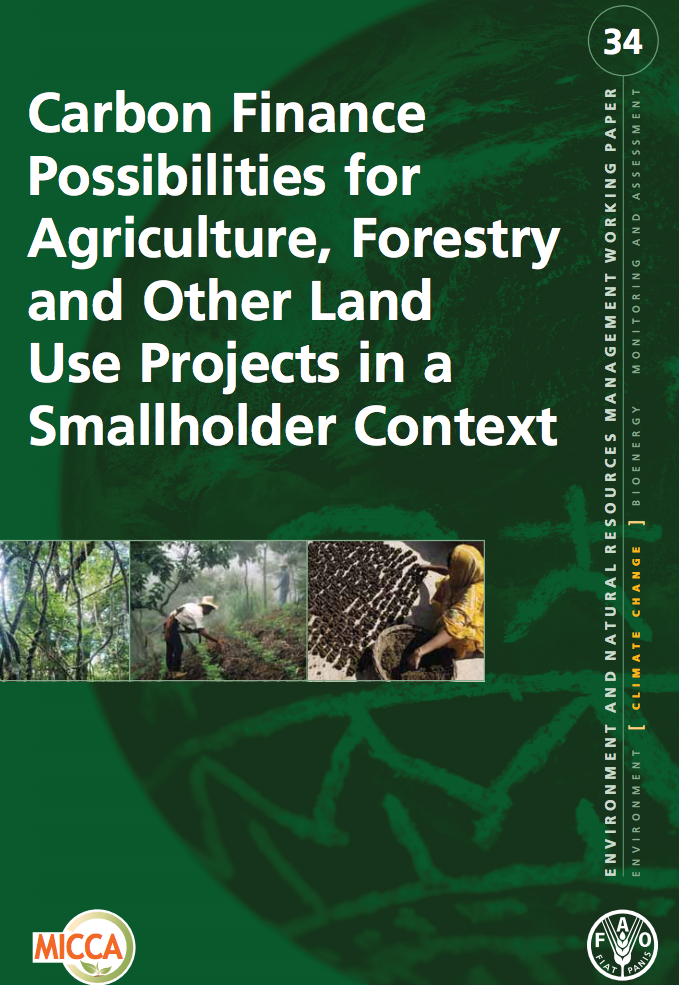Country Study on Status of Land Tenure, Planning and Management in Oriental Near East Countries
The share of agriculture in the GDP declined from 16 percent in the 1990s to almost 14 percent in 2010. Meanwhile, those employed in agriculture as a percent of total labor force is declining since 1960 to 2006. Despite losing labor and share of the GDP, agriculture is, and will continue to be, among the major economic activities in Egypt, and a generator for economic growth. The balance between agriculture and other productive sectors of the economy require proper spatial and land use planning. Land tenure is central to this planning exercise.


